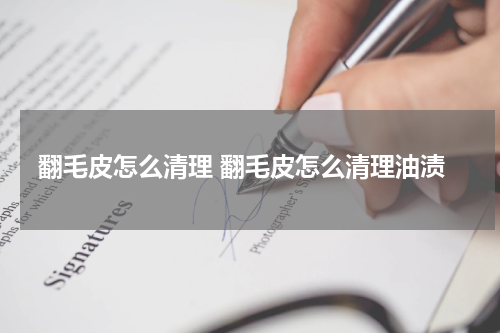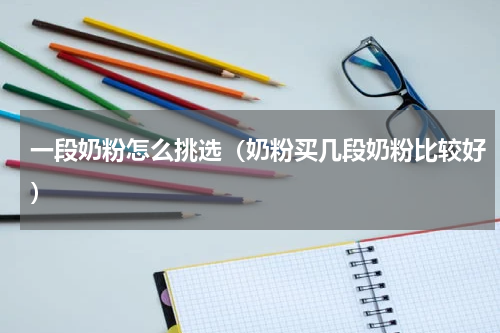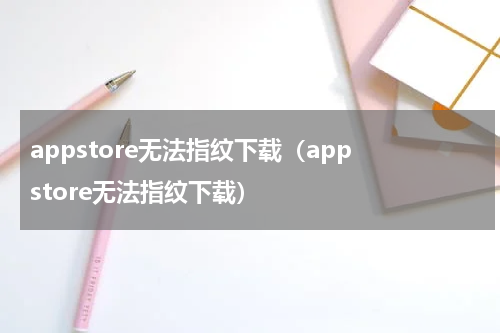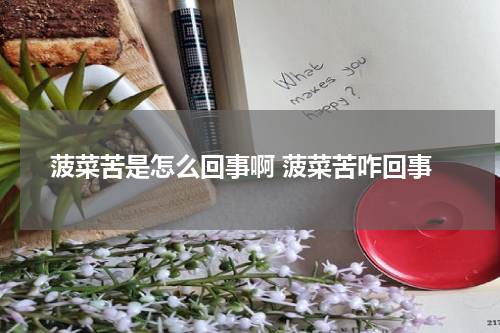Inancienttimes,theQixiFestival(alsoknownasChineseValentine'sDay)hadvariouscustoms.HerearesometraditionalcustomsoftheQixiFestivalinancientChina:1.织女嫁给牛郎(ZhiNüJiaGeiNiuLang)-Theweavergirlmarriesthecowhe

In ancient times, the Qixi Festival (also known as Chinese Valentine's Day) had various customs. Here are some traditional customs of the Qixi Festival in ancient China:
1. 织女嫁给牛郎 (Zhi Nü Jia Gei Niu Lang) - The weaver girl marries the cowherd: According to the myth, on this day, the celestial weaver girl named Zhi Nü and the cowherd named Niu Lang were allowed to meet each other once a year on a bridge made by magpies. This represents the romantic encounter of lovers.
2. 秀女参拜织女 (Xiu Nü Can Bai Zhi Nü) - Young ladies worship the weaver girl: On the Qixi Festival, unmarried girls would visit a temple or the platform in the courtyard to worship the weaver girl, hoping to enhance their weaving skills and find a good husband.
3. 求巧 (Qiu Qiao) - Needle threading game: Girls competed in threading needles under the moonlight. It was believed that the girl who could thread the needle quickly and accurately would have a talent for embroidery and would marry a good spouse.
4. 挂七叶菜 (Gua Qi Ye Cai) - Hanging seven-leaf grass: Girls would pick seven types of vegetables or grass with seven leaves each and place them under their pillows. It was believed that the seven-leaf grass could ward off evil spirits and bring good fortune. It was also believed to symbolize the seven fairies who helped Zhi Nü and Niu Lang meet on the bridge.
These are some of the customs observed during the Qixi Festival in ancient times.










